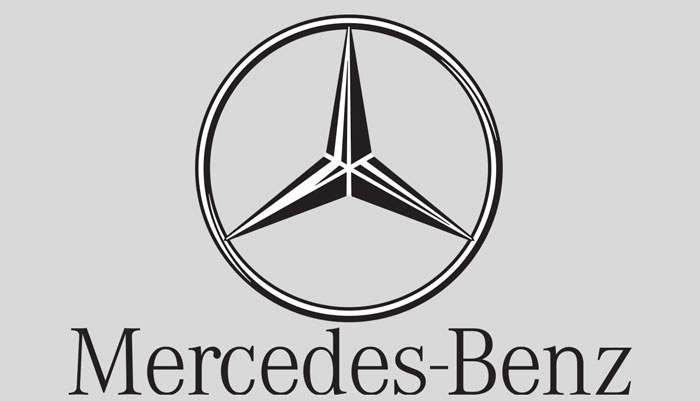Mercedes-Benz has recently revealed that the company will be launching a 2.6 billion euro series of diesel car engines this March, further cementing the company’s investment in the future of diesel technology.
According to Bloomerg.com, the revamped E-Class will feature a four-cylinder engine offering 80% lower nitrogen-oxide emissions, and will consume 13% less fuel than the previous version. Bernard Heil, Head of powertrain development at Mercedes’ parent Daimler AG, said:
“This new engine will define our diesel strategy for the next 10 years. We believe it’ll convince the public we’ll have a bright future for diesel.”
This equates to big news in the industry, particularly in light of competitor Volkswagen AG’s recent Emissions scandal, which called the technology’s future into question: many cities, including Paris, began to raise concerns about exhaust emissions from diesel being the culprit regarding high smog levels in the city. To put things into perspective, more than 50% of vehicles are powered by diesel engines in the European Union, which emit less carbon dioxide than their petrol counterparts and allow car manufacturers to meet CO2 limits on fleets and fuel consumption more efficiently. The new engines will comply with new EU standards on emissions and consumption.
So why isn’t Mercedes investing more into electric car technologies? Well, until electrification really takes off, (which Mercedes is banking on not happening for a while yet) the company is keen to continue investing in conventional powering systems:
“Spending on the improvement of existing diesel engines brings a much greater cost-benefit efficiency than spending on electrification,” Heil said. “That said, electrification is key to our powertrain strategy despite the cost.”
Daimler’s electric cars currently include battery-powered versions of the Mercedes B-Class hatchback, and two-seat Smart city car.
If you would like to read the full article from Bloomberg, please click here.



